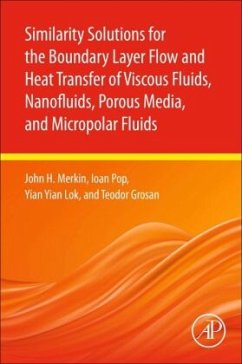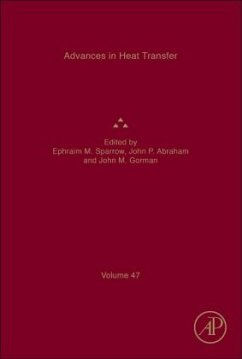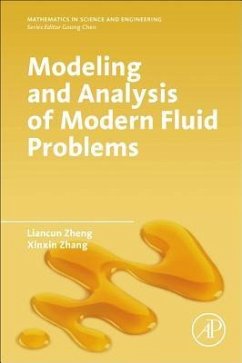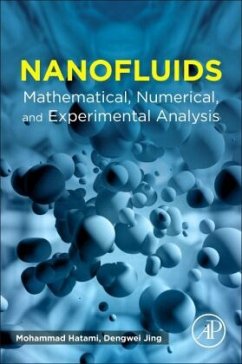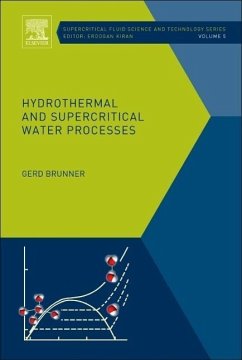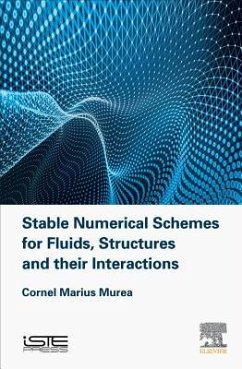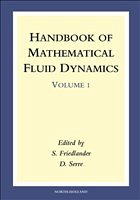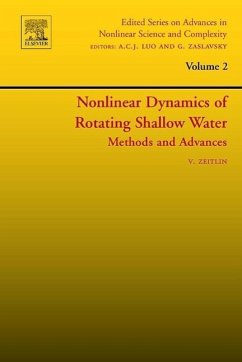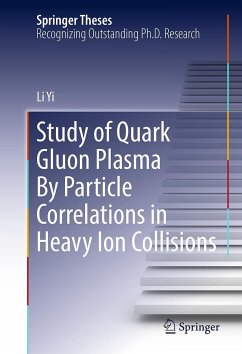
Advances in Nanofluid Heat Transfer

PAYBACK Punkte
61 °P sammeln!
Advances in Nanofluid Heat Transfer covers the broad definitions, brief history, preparation techniques, thermophysical properties, heat transfer characteristics, and emerging applications of hybrid nanofluids. Starting with the basics, this book advances step-by-step toward advanced topics, with mathematical models, schematic diagrams and discussions of the experimental work of leading researchers. By introducing readers to new techniques, this book helps readers resolve existing problems and implement nanofluids in innovative new applications.This book provides detailed coverage of stability...
Advances in Nanofluid Heat Transfer covers the broad definitions, brief history, preparation techniques, thermophysical properties, heat transfer characteristics, and emerging applications of hybrid nanofluids. Starting with the basics, this book advances step-by-step toward advanced topics, with mathematical models, schematic diagrams and discussions of the experimental work of leading researchers. By introducing readers to new techniques, this book helps readers resolve existing problems and implement nanofluids in innovative new applications.
This book provides detailed coverage of stability and reliable measurement techniques for nanofluid properties, as well as different kinds of base fluids. Providing a clear understanding of what happens at the nanoscale, the book is written to be used by engineers in industry as well as researchers and graduate students.
This book provides detailed coverage of stability and reliable measurement techniques for nanofluid properties, as well as different kinds of base fluids. Providing a clear understanding of what happens at the nanoscale, the book is written to be used by engineers in industry as well as researchers and graduate students.



